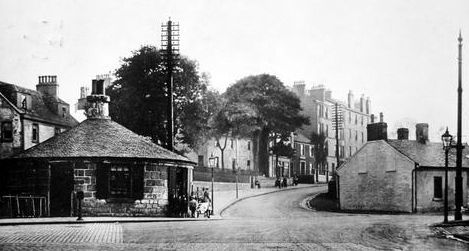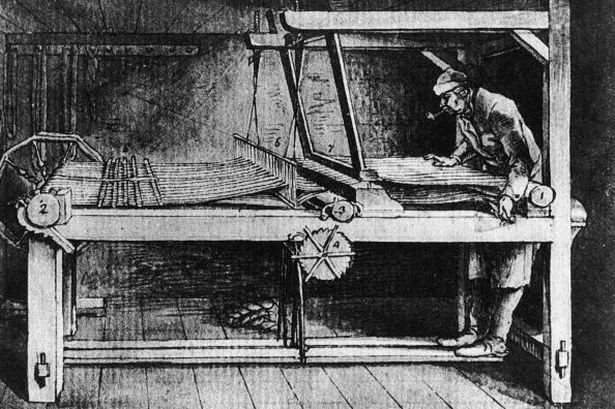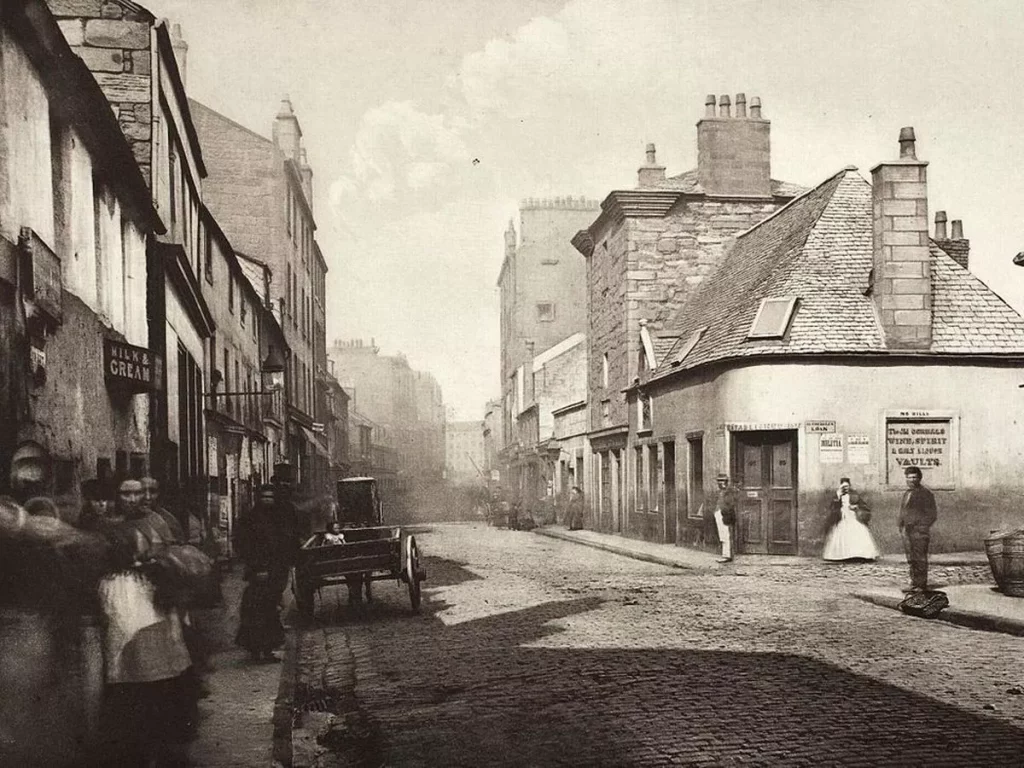
Pollokshaws
An area on the South side of the city of Glasgow, Scotland. It is bordered by the residential neighbourhoods of Auldhouse to the east, Eastwood and Hillpark to the south and Shawlands to the north, with the Glasgow South Western Line railway and the open lands of Pollok Country Park to the west. The White Cart Water flows through the area.
The housing stock consists of some sandstone tenement housing, modern brick tenement-style buildings, low-rise social housing and now high rise/multi-storey tower blocks.

Pollokshaws was originally a village predominantly dedicated to weaving in the 17th century. A group of Flemish weavers were brought to the area in the 19th century by the landowners, the Maxwells of Pollok, on account of their exceptional weaving skills.

Pollokshaws was granted a charter to become a Burgh of Barony in 1812. It became a police burgh in 1858 and remained a burgh of Renfrewshire until 1912 when it was annexed to the City of Glasgow. Though it had been an industrial area, this changed in 1957 when it was proposed as the second Comprehensive Development Area in Glasgow. The area was demolished and rebuilt anew.

Many families of the Kilkie clan lived in Pollokshaws from around 1860. All the various families were related through George Kilkie born in Glenkeen, Derry, Ireland in around 1820 and who all the Kilkie family across the UK are descended.


